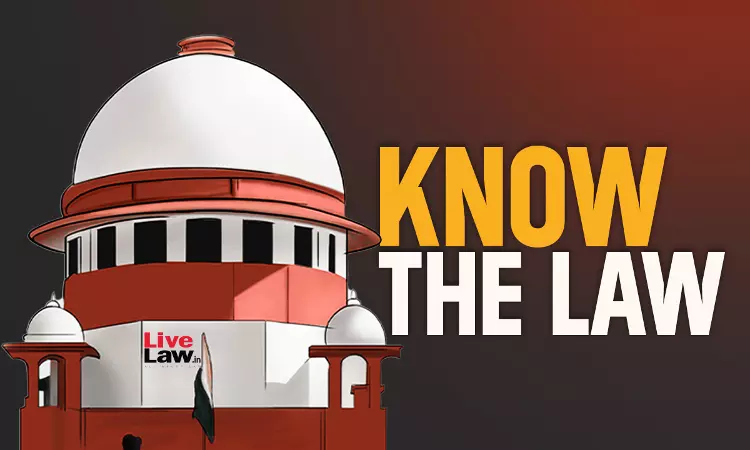Know The Law | When Does 'Right To Sue' Accrue In A Civil Case? Supreme Court Explains
Yash Mittal
9 Jan 2025 4:22 PM IST

Next Story
9 Jan 2025 4:22 PM IST
The Supreme Court explained when does the 'right to sue' accrues in a civil case. It observed that the "right to sue" accrues when there is a cause of action that justifies legal action. This means the plaintiff has a substantive right to seek relief, and this right has been infringed or threatened by the defendant.Reference was drawn to the case of State of Punjab vs. Gurdev Singh, (1991) 4...
